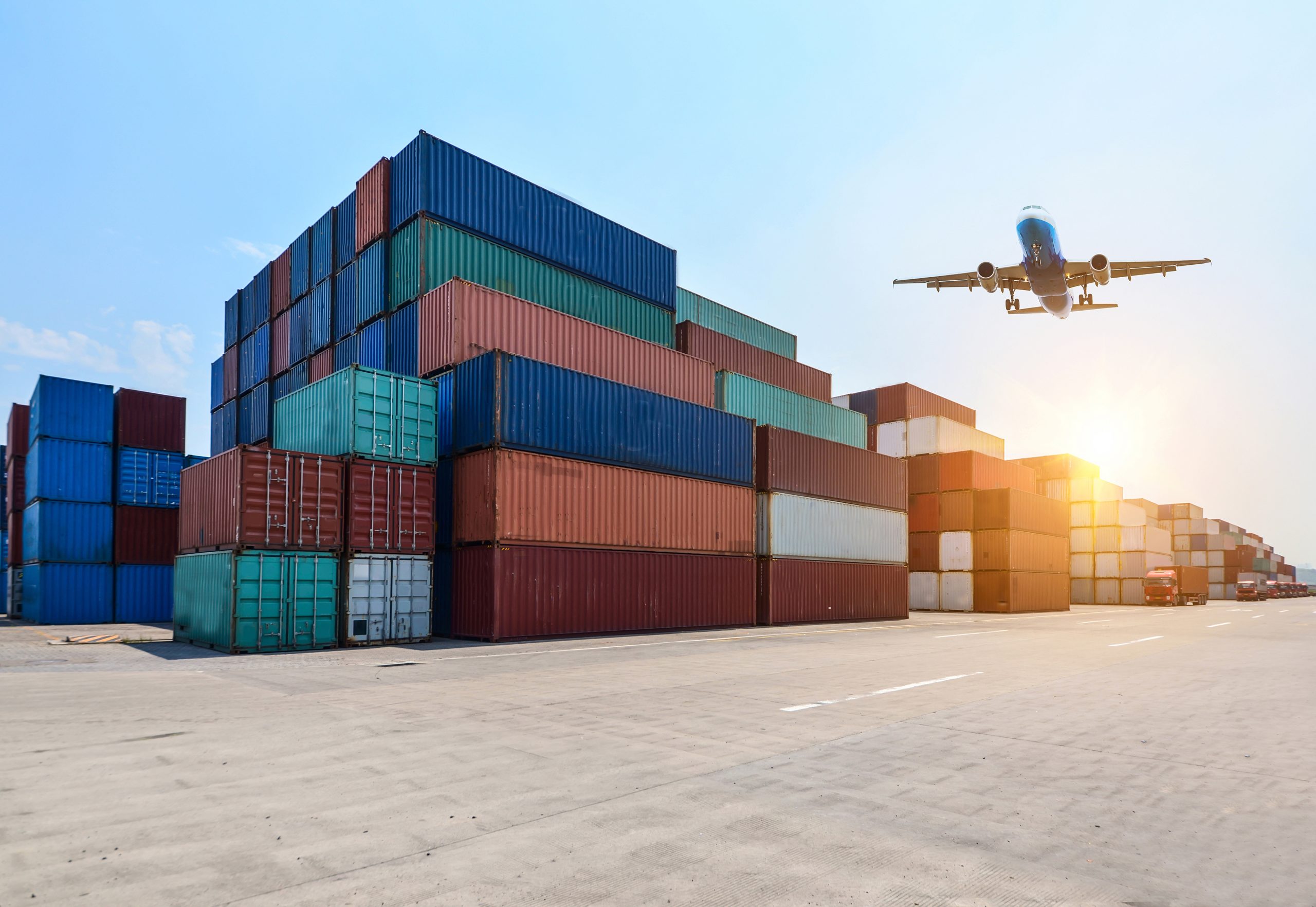Major Exporter Scheme (MES): 2025 Definitive Guide for Cash-Flow-Hungry Exporters

Why MES Exists
Without MES, every shipment you bring into Singapore triggers 9 % GST at Customs. Export-oriented traders later claim that GST back, but the lag can freeze cash for months. MES—spelled out in Regulation 45 of the GST (General) Regulations—lets approved businesses postpone GST on non-dutiable imports and on removals from Zero-GST warehouses, eliminating that cash-flow crunch.
Key Advantages
-
GST suspension at import—no upfront tax on raw materials or finished goods.
-
GST suspension on ZG-warehouse removals—ideal for regional distribution hubs.
-
Covers agency shipments—imports on behalf of overseas principals under sections 33(2) & 33A qualify.
-
Three-year approval window with seamless renewals if you stay compliant.
-
Lower financing costs—smaller trade-finance lines once GST outflows disappear.
2025 Eligibility Checklist
IRAS grants MES only if all of these boxes are ticked:
-
GST-registered, solvent, and actively trading.
-
Import goods for business use (no paper-trading shells).
-
Export intensity—either
-
50 % of total supplies are zero-rated, or
-
Value of zero-rated supplies ≥ S$10 million in any 12-month window over the last 18 months.
-
-
Robust internal controls confirmed via the Assisted Self-Help Kit (ASK) or ACAP status.
-
Clean compliance record with IRAS & Singapore Customs.
-
Security—a banker’s guarantee if IRAS deems your risk profile high.
(Businesses dominated by exempt supplies—e.g., banking—are generally ineligible unless they stay within the de-minimis limit: exempt supplies ≤ 5 % and ≤ S$40 k per month.)
Ongoing Obligations
-
Report suspended-GST values in Boxes 5 and 9 of every GST F5 return.
-
Keep documents for five years: permits, invoices, airway bills, export evidence.
-
Declare agent changes. You may authorise up to 20 declaring agents; updates go through myTax Portal.
-
Monitor your export ratio monthly. Drop below 50 % for two quarters and IRAS can pull the plug.
-
Notify IRAS within 30 days of major events (ownership change, insolvency, alteration in supply mix).
Cash-Flow Example
| Scenario | Without MES | With MES |
|---|---|---|
|
Annual imports (non-dutiable)
|
S$30 million | S$30 million |
|
Upfront GST at 9 %
|
S$2.7 million paid each month and reclaimed later | S$0 |
|
Average GST refund lag
|
2 months | n/a |
|
Working-capital tie-up
|
~S$450 k interest cost at 5 % p.a. | S$0 |
Result: MES frees S$2.7 million every month and saves ~S$450 k/year in financing charges.
Pitfalls That Trigger Revocation
-
Using MES permits for third-party goods outside sections 33.
-
Late F5 filings or missing Box 5/9 figures.
-
Poor record retention—no airway bills, no matching export docs.
-
Export ratio dips but company forgets to inform IRAS.
-
Incorrect use of MES on dutiable goods
Penalties: back-dated GST plus 5 % late-payment penalty and up to 2 % per month additional tax after 60 days.
How Excellence Singapore Delivers MES Success
-
Feasibility model — project export ratios and cash-flow gains.
-
Certified ASK review — our Accredited GST Advisors fast-track compliance sign-off.
-
Application & liaison — handle Form F10, banker’s guarantee, and IRAS queries end-to-end.
-
System implementation — automate Box 5/9 capture, TradeNet archiving, and section 33 workflows.
-
Ongoing monitoring & renewal — quarterly export-ratio dashboards and renewal filing six months ahead.
Conclusion: Turn GST Into a Competitive Advantage
For exporters, MES isn’t just an administrative perk—it’s a strategic lever that releases millions in working capital, sharpens pricing, and fuels growth. But the benefits come with rigorous compliance. Our GST specialists manage the entire lifecycle, from first eligibility check to every renewal, so you stay cash-rich and penalty-free.
Contact us to calculate your potential MES savings or learn more about our other services.

